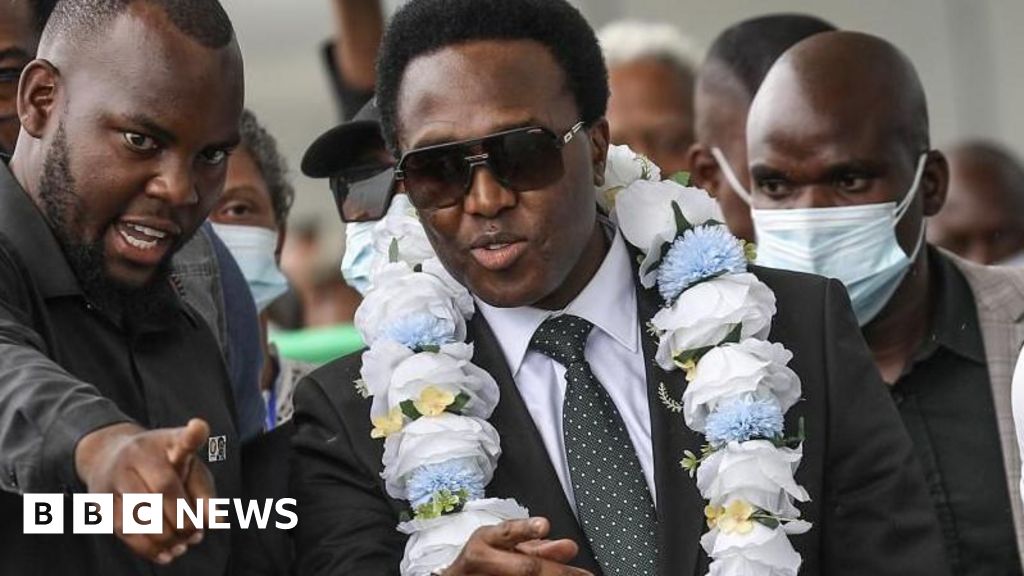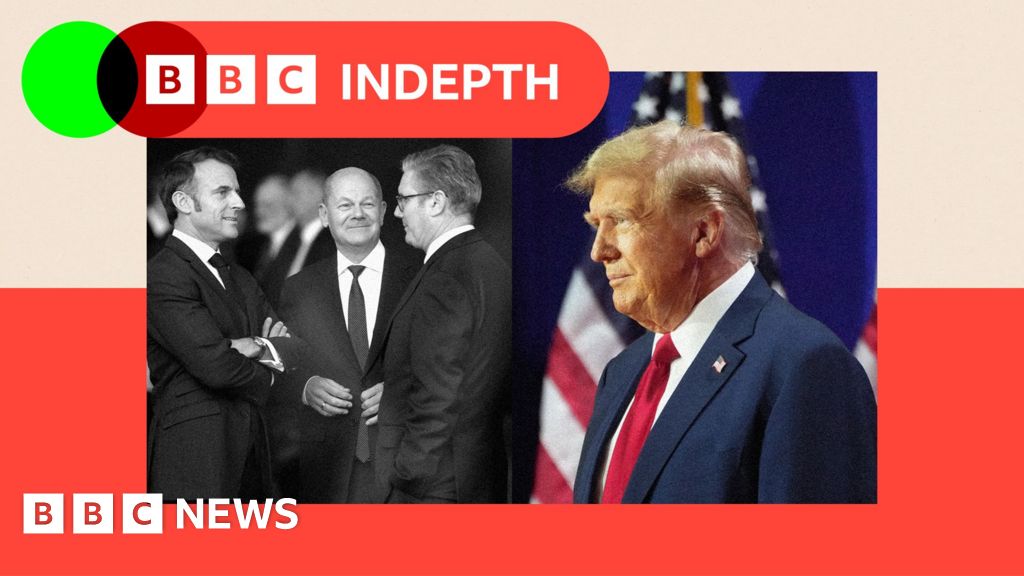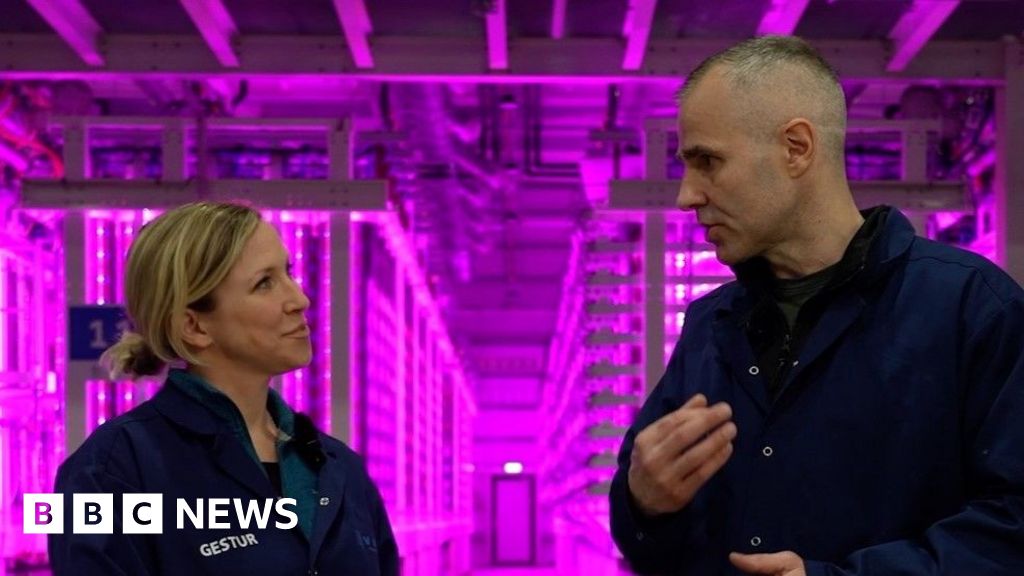ARTICLE AD BOX
This year's election campaign comes months after the Supreme Court decided to not legalise same-sex unions.
Three opposition parties have promised to recognise same-sex couples legally, but the governing Bharatiya Janata Party (BJP) - which polls suggest is likely to win a historic third term - has not.
Despite this, Mr Gawande insists that LGBTQ rights are a current that Indian politics can no longer dismiss. The community's social and cultural capital is "far in excess of its numerical strength", he says.
He expects the near future to bring wins on recognising relationships, affirmative action for trans people and access to healthcare.
Some of these fights might not grab headlines - especially those affecting poorer people, who are at the sharp end of exclusion from jobs, education and political opportunities.
"LGBTQ struggles need to be seen through the lens of caste privilege," says Grace Banu, a Dalit (formerly untouchable) trans woman activist from the southern state of Tamil Nadu.
Born in a poor family, she says she first faced discrimination because of her caste, and then over her gender.
When she came out at the age of 14, her school barred her from taking classes and made her sit under a tree as punishment. When she resisted, her parents put her in a psychiatric hospital to "cure her illness".
"I would tell myself that this cannot be my destiny," she says. "One day, I ran away to make my own fate."
Today, Ms Banu is a software engineer, the first trans woman with an engineering degree in her state, and considers herself a mother to 12 trans women.

 7 months ago
43
7 months ago
43








 English (US) ·
English (US) ·